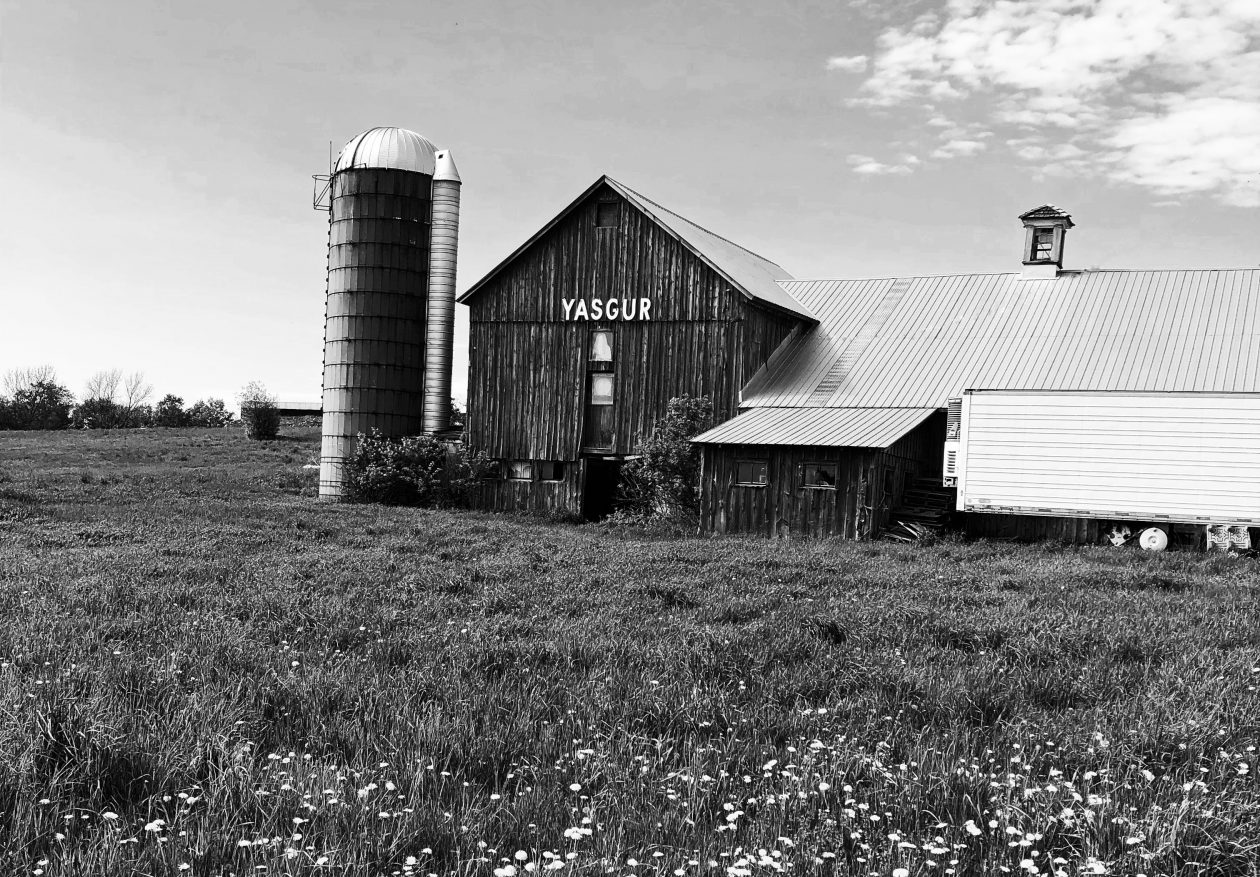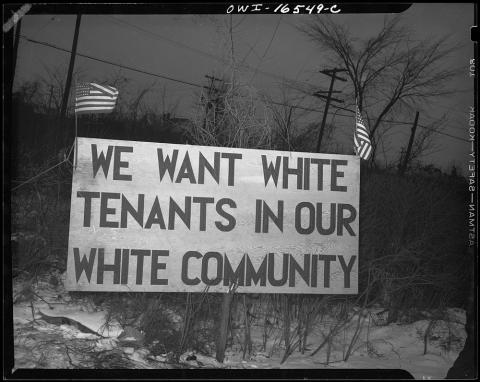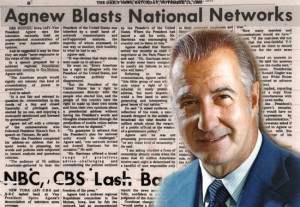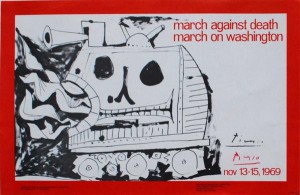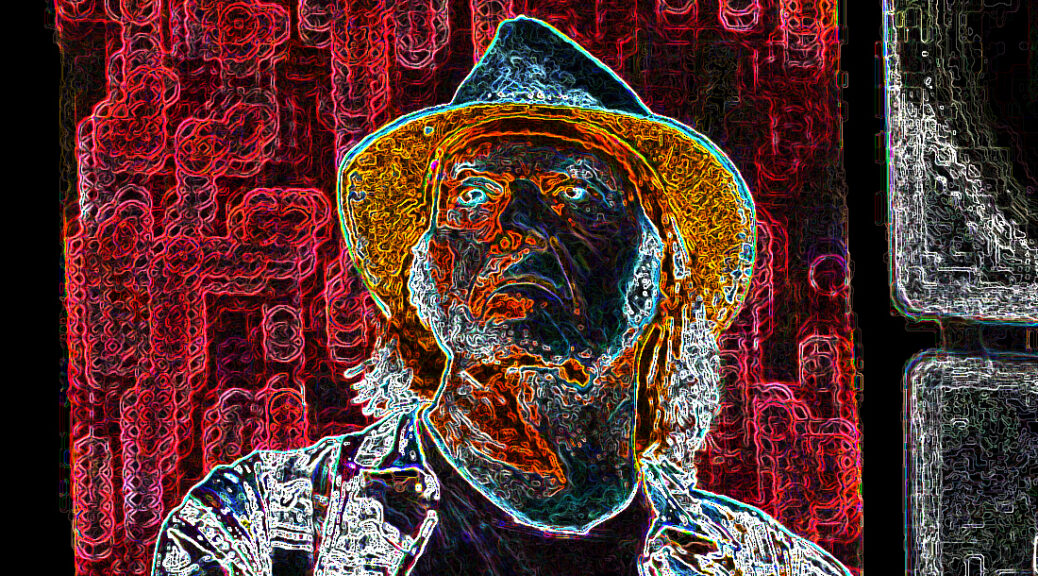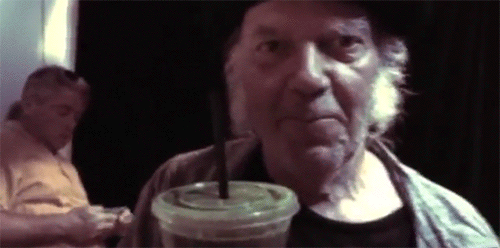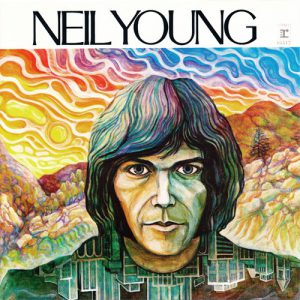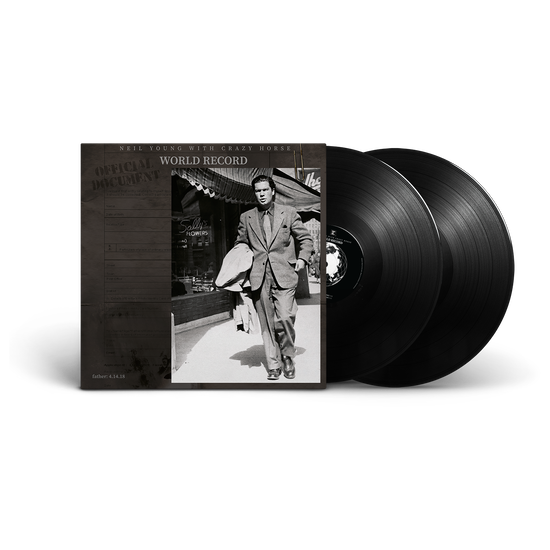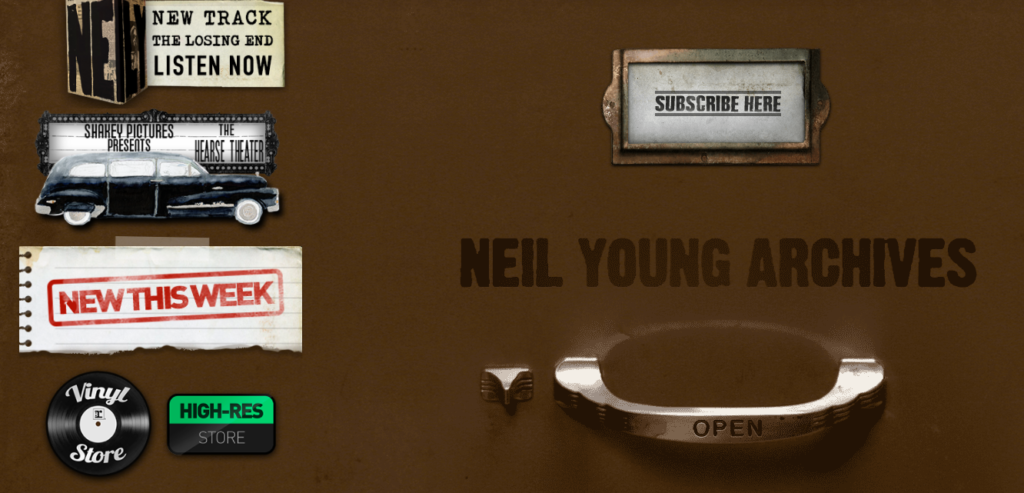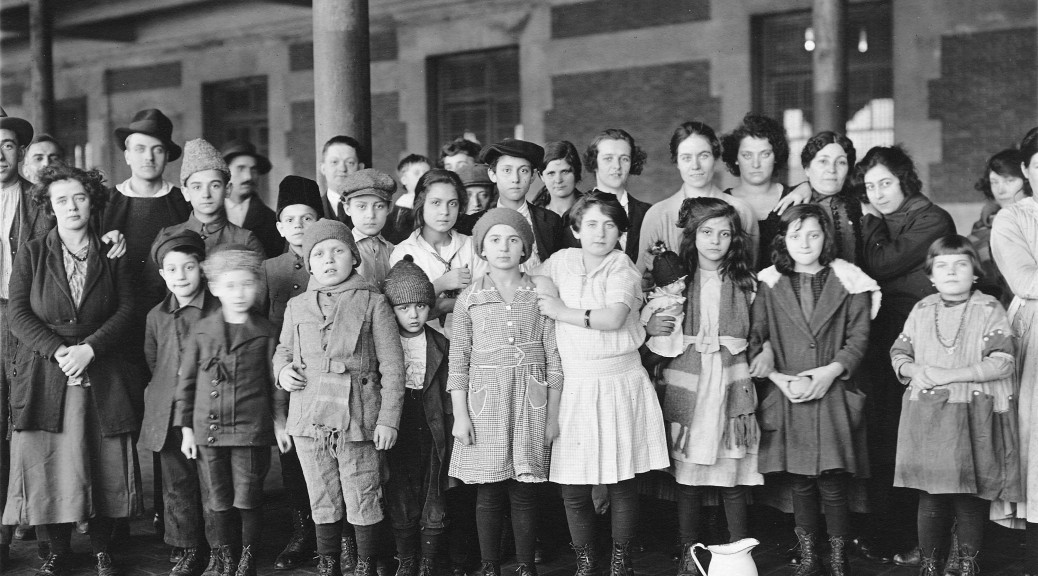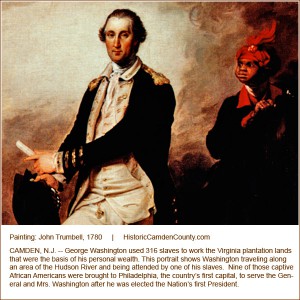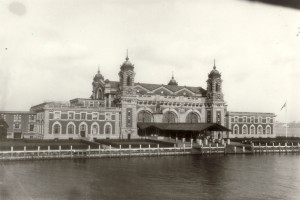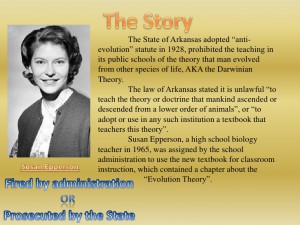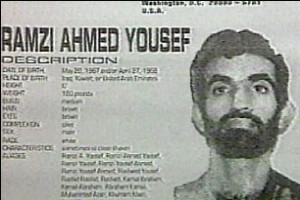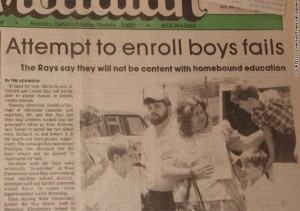November 13 Peace Love Art Activism
Women’s Health
Margaret Sanger/Birth Control
November 13, 1921: the first national birth control conference in the U.S. (see Nov 11) was scheduled to end with an event featuring several speakers, but it was abruptly ended when New York City police intervened and removed Margaret Sanger and one other speaker from the stage. Sanger was arrested on charges of disorderly conduct. The New York Time’s article headline was: A mass meeting to discuss “Birth Control: Is It Moral?” was broken up by the police at the Town Hall last night. Hundreds of men and women, many socially prominent, derided the police and urged the speakers to defy the order not to speak. (NYT article) (see Nov 18)
November 13 Peace Love Art Activism
Black History
Scottboro Travesty
November 13, 1935: Creed Conyer became the first post-Reconstruction black person to sit on an Alabama grand jury in the remanded case. (see Scottsboro Travesty for full story)
Hansberry v. Lee
November 13, 1940: the US Supreme Court ruled in Hansberry v. Lee that whites cannot bar African Americans from white neighborhoods. (University of North Carolina site)
US Involvement in World War II
1941 – 1945: African-American soldiers played a significant role in World War II. More than half a million served in Europe. Despite the numbers they faced racial discrimination: prior to the war the military maintained a racially segregated force. In studies by the military, blacks were often classified as unfit for combat and were not allowed on the front lines. They were mostly given support duties, and were not allowed in units with white soldiers.
That changed in 1941, when pressure from African-American civil rights leaders convinced the government to set up all-black combat units, as experiments. They were designed to see if African-American soldiers could perform military tasks on the same level as white soldiers. [VoA article] (BH, see Jan 14)
Browder v. Gayle
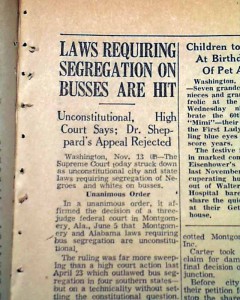
November 13, 1956: the US Supreme Court declined the appeal of a US District Court ruling in Browder v. Gayle that had declared unconstitutional Alabama’s state and local laws requiring segregation on buses, thereby ending the Montgomery Bus Boycott. The Court affirmed a ruling by a three-judge Federal court that held the challenged statutes “violate the due process and equal protection clauses of the Fourteenth Amendment to the Constitution of the United States.” (BH, see Dec 4; MBB, see Dec 19)
Medgar Evers
November 13, 1991: Jackson, Miss. Judge L. Breland Hilburn of Hinds County Circuit Court denied bond to Byron De La Beckwith and ordered him to remain in jail pending his third murder trial in the 1963 slaying of the civil rights leader Medgar Evers. (see August 4, 1992)
Houston Riot of 1917
November 13, 2023: Secretary of the Army Christine Wormuth approved the recommendation of the Army Board for Correction of Military Records to set aside the courts-martial convictions of the 110 Black Soldiers of the 3rd Battalion, 24th Infantry Regiment (also known as the Buffalo Soldiers), who were convicted following the World War I-era Houston Riots. The records of these Soldiers were corrected, to the extent possible, to characterize their military service as honorable.
“After a thorough review, the Board has found that these Soldiers were wrongly treated because of their race and were not given fair trials,” said Wormuth. “By setting aside their convictions and granting honorable discharges, the Army is acknowledging past mistakes and setting the record straight.” [US Army article] (next BH, see January 25, 2024; next RR, see February 22, 2024)
November 13 Peace Love Art Activism
Fourth Amendment
United States v. Jeffers
November 13, 1951: United States v Jeffers. Without a warrant, two police officers had entered a District of Columbia hotel room rented to the aunts of Anthony Jeffers when neither they nor Jeffers were present. The police searched the room and seized 19 bottles of cocaine and one bottle of codeine. Jeffers claimed ownership of the contraband and was charged and convicted of violating narcotics laws in a District Court despite his motion to suppress the evidence seized without a warrant as a violation of the Fourth Amendment. The Court of Appeals reversed the conviction and the Supreme Court agreed to hear the case.
In affirming the ruling of the Court of Appeals, Justice Clark held that the warrantless seizure did violate the Fourth Amendment and that the narcotics should have been excluded as evidence at Jeffers trial. Justice Clark wrote “The search and seizure were not incident to a valid arrest; and there were no exceptional circumstances to justify their being made without a warrant.”
The Government had argued in this case that no property rights within the meaning of the Fourth Amendment existed in the seized narcotics because they were contraband as declared by Congress in 26 U.S.C. 3116. Justice Clark dismissed their argument, holding that, for purposes of the exclusionary rule, it was property and that Jeffers was entitled to motion to have it suppressed as evidence at trial but that, because it was contraband, he was not entitled to have it returned to him. (Unlawful evidence) (see January 2, 1952)
Alasaad v. McAleenan/Immigration
November 13, 2019: in Alasaad v. McAleenan Judge Denise J. Casper of the U.S. District Court of Massachusetts ruled that border agents who seize and search people’s tech devices at entry points to the United States without any suspicion of criminal activity were violating Fourth Amendment rights
In a 48-page decision , Casper that there are limits to the extent that officials can engage in warrantless, suspicionless border searches, and these intrusive tech searches cross the line, violating the Fourth Amendment rights of the plaintiffs. (next IH, see Nov 20; next 4th, see )
November 13 Peace Love Art Activism
Cold War
Mrs White bans Communist Robin Hood
Obama as Robin HoodNovember 13, 1953: Mrs. Thomas J. White of the Indiana Textbook Commission, called for the removal of references to the book Robin Hood from textbooks used by the state’s schools. Mrs. Young claimed that there was “a Communist directive in education now to stress the story of Robin Hood because he robbed the rich and gave it to the poor. That’s the Communist line. It’s just a smearing of law and order and anything that disrupts law and order is their meat.” She went on to attack Quakers because they “don’t believe in fighting wars.” This philosophy, she argued, played into communist hands. (Mrs Thomas White’s anti-Robin Hood campaign)
Get That Communist, Joe
In 1954: the Kavaliers sang “Get That Communist, Joe” in which they poked fun at McCarthy’s passion to find Communists everywhere. (see Jan 8)
| Joe, come here a minute
I get a red hot tip for you, Joe See that guy with the red suspenders Driving that car with the bright red fenders I know he’s one of those heavy spenders Get that Communist Joe |
He’s fillin’ my gal with propaganda
And I’m scared she will meander Don’t want to take a chance that he’ll land her Get that Communist Joe He’s a most revolting character And the fellas hate him so |
But with the girls this character
Is a Comrade Romeo Since my love he’s sabotaging And the law he has been dodging Give him what he deserves, jailhouse lodging Get that Communist Joe (Get that Shmo, Joe) |
November 13 Peace Love Art Activism
see November 13 Music et al for more
The Beatles
November 13, 1964: CBS TV showed a 50-minute documentary, “What’s Happening! The Beatles in the U.S.A.,” filmed by Albert Maysles, covering the Beatles U.S. tour and other activities that year. (see Nov 23)
Sound of Music
November 13 –26, 1965, the Sound of Music soundtrack is the Billboard #1 album.
Yellow Submarine
November 13, 1968: US release of Yellow Submarine movie. (see Nov 21)
Dylan in the movies
November 13, 1972: always interested in movie making, filming began in Durango, NM for the Sam Peckinpah move, Pat Garrett & Billy the Kid. Peckinpah hired Dylan to create the music and play a small part in the film.
The whole experience was not a pleasant one as Peckinpah’s substance issues and resulting directing style made life difficult for all involved. (see February 1973)
November 13 Peace Love Art Activism
Vietnam
Spiro T. Agnew
November 13, 1968: speaking in Des Moines, Iowa, Vice President Spiro T. Agnew accused network television news departments of bias and distortion, and urged viewers to lodge complaints. (see Dec 31)
March Against Death
November 13, 1969: in Washington, as a prelude to the second moratorium against the war scheduled for the following weekend, protesters staged a symbolic “March Against Death.” The march began at 6 p.m. and drew over 45,000 participants, each with a placard bearing the name of a soldier who had died in Vietnam. The marchers began at Arlington National Cemetery and continued past the White House, where they called out the names of the dead. The march lasted for two days and nights. This demonstration and the moratorium that followed did not produce a change in official policy–although President Nixon was deeply angered by the protests, he publicly feigned indifference and they had no impact on his prosecution of the war. (NYT article) (see Nov 15)
Vietnam Veterans Memorial
November 13, 1982: the Vietnam Veterans Memorial was dedicated in Washington, D.C. (NYT article on memorial) (see May 7, 1984)
November 13 Peace Love Art Activism
TERRORISM
November 13, 1995: Riyadh, Saudi Arabia: a car bomb exploded at the U.S. military headquarters, killing 5 U.S. military servicemen. From the New York Times, More than 20 American investigators and hundreds of Saudi security officials searched the rubble of an American-run military training center in Riyadh, Saudi Arabia today, looking for clues to the bombing that killed six people, including five Americans. (NYT article)(see June 25, 1996)
November 13 Peace Love Art Activism
IMPEACHMENT
Bill Clinton
November 13, 1998: after fighting Jones’ sexual harassment lawsuit for four years, Clinton agreed to pay Jones $850,000 to drop the case. But the deal included no apology from the president. (see Clinton for expanded Impeachment story]
Trump Impeachment Inquiry/Public
November 13, 2019: on the first day of public impeachment hearings, William B. Taylor Jr., the top United States diplomat in Ukraine, and George P. Kent, a senior State Department official in charge of Ukraine policy, both testified about President Trump’s campaign to pressure Ukraine to investigate former Vice President Joseph R. Biden Jr., one of his leading political rivals.
Taylor testified that a member of his staff overheard a telephone conversation in which Trump pressed Gordon D. Sondland, the United States ambassador to the European Union, on “the investigations.” Afterward, when the aide asked Mr. Sondland about the president’s thoughts on Ukraine, Mr. Sondland said Trump cared more about “investigations of Biden.” [NYT article]
November 13 Peace Love Art Activism
Sexual Abuse of Children
November 13, 2002: Roman Catholic activists from the Survivors First group launched an online database listing 573 US priests accused of involvement in pedophilia since 1996, later dropping 100 of the names. (see Dec 3)
November 13 Peace Love Art Activism
Stop and Frisk Policy
November 13, 2013: a three-judge panel of the 2nd U.S. Circuit Court of Appeals in Manhattan refused to reconsider its order removing federal Judge Shira Scheindlin from court cases challenging the New York Police Department’s stop-and-frisk policy.
Scheindlin’s attorney, Burt Neuborne, had filed papers asking the panel to reconsider the order and saying the appeals judges had offended due process by ousting her without letting her defend herself. The panel denied Neuborne’s request, saying it lacked a procedural basis. “We know of no precedent suggesting that a district judge has standing before an appellate court to protest reassignment of a case,” the judges ruled. [Reuters article] (S & F, see Nov 14; ruling, see Nov 22)
November 13 Peace Love Art Activism
Immigration History
Trump’s Fence
November 13, 2016: Trump appeared on 60 Minutes after his Electoral College victory and after being questioned he says a fence would be OK, too.
STAHL (60 Minutes): You’re— you know, they are talking about a fence in the Republican Congress, would you accept a fence?
TRUMP: For certain areas I would, but certain areas, a wall is more appropriate. I’m very good at this, it’s called construction…there could be some fencing. (IH, see Dec 22; TW, see January 11, 2017)
Travel restrictions
November 13, 2017: a panel of three judges from the United States Court of Appeals for the Ninth Circuit in San Francisco allowed President Trump’s latest travel restrictions to partly take effect, ruling that the government can bar entry to people who come from six majority-Muslim countries and who lack ties to the United States, thus handing the administration a momentary victory.
In a two-paragraph order, the panel ruled on the administration’s request to block a lower court’s decision, from a federal judge in Hawaii, that prevented the latest travel policy from being implemented.
The appeals panel upheld that ruling for people with a “bona fide relationship” with close family or an entity in the United States, like a university or company. But the court blocked the lower court’s decision for people from the six countries without such ties, meaning they can now be kept from entering the United States. [Reuters article] (see Nov 15)
November 13 Peace Love Art Activism
Nuclear/Chemical News
November 13, 2017: according to an International Atomic Energy Agency report, Iran remained within the main limits on its nuclear activity set by its 2015 deal with six world powers. The U.N. atomic watchdog said in its first report since U.S. President Donald Trump decertified Iranian compliance with the terms. [WP article] (see Nov 14)
November 13 Peace Love Art Activism
LGBTQ
November 13, 2018: after a contentious week of counting votes, Kyrsten Sinema (D) won the race for Ariziona Senator with 1.7% more votes than Republican candidate Martha McSally. Not only was Sinema Arizona’s first female U.S. Senator, she was also the first out bisexual U.S. Senator in the country. [LGBTQ Nation article]
November 13 Peace Love Art Activism
Environmental Issues
Climate Change/Health
November 13, 2019: according to a new report from the medical journal The Lancet., he health effects of climate change will be unevenly distributed and children will be among those especially harmed,
The report compared human health consequences under two scenarios: one in which the world meets the commitments laid out in the Paris Agreement and reins in emissions so that increases in global temperatures remained “well below 2 degrees Celsius” by the end of the century, and one in which it did not.
The report found that failing to limit emissions would lead to health problems caused by infectious diseases, worsening air pollution, rising temperatures and malnutrition.
“With every degree of warming, a child born today faces a future where their health and well-being will be increasingly impacted by the realities and dangers of a warmer world,” said Dr. Renee N. Salas, a clinical instructor of emergency medicine at Harvard Medical School and lead author of the United States policy brief that accompanied the report. [NYT article] (next EI, see Dec 10)
Climate Talks/Coal
November 13, 2021: U.N. climate talks ended with a deal that for the first time targeted fossil fuels as the key driver of global warming, even as coal-reliant countries lobbed last-minute objections.
While the agreement won applause for keeping alive the hope of capping global warming at 1.5 degrees Celsius, many of the nearly 200 national delegations wished they’d come away with more.
“If it’s a good negotiation, all the parties are uncomfortable,” U.S. climate envoy John Kerry said in the final meeting to approve the Glasgow Climate Pact. “And this has been, I think, a good negotiation.”
The two-week conference in Scotland delivered a major win in resolving the rules around carbon markets, but it did little to assuage vulnerable countries’ concerns about long-promised climate financing from rich nations. [Reuters article] (next EI, see Dec 8)
